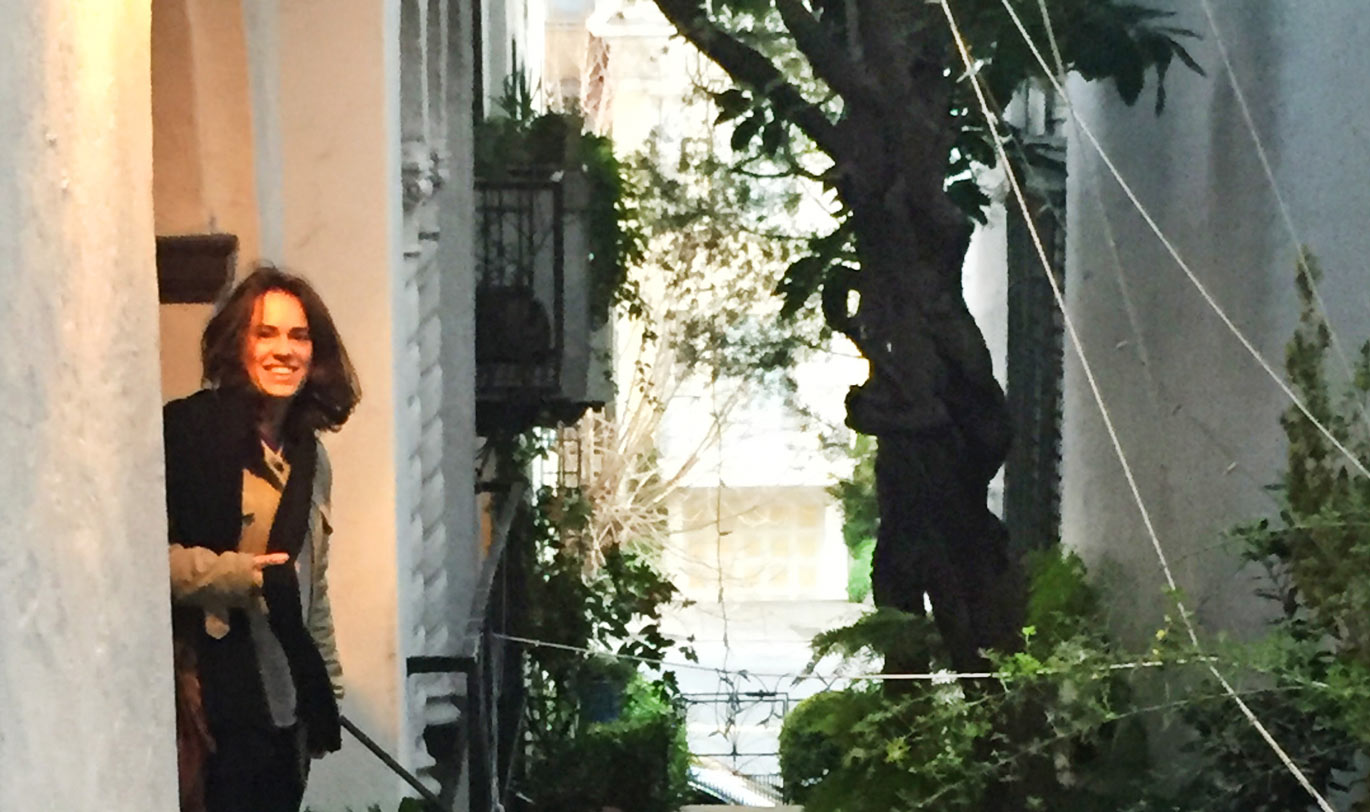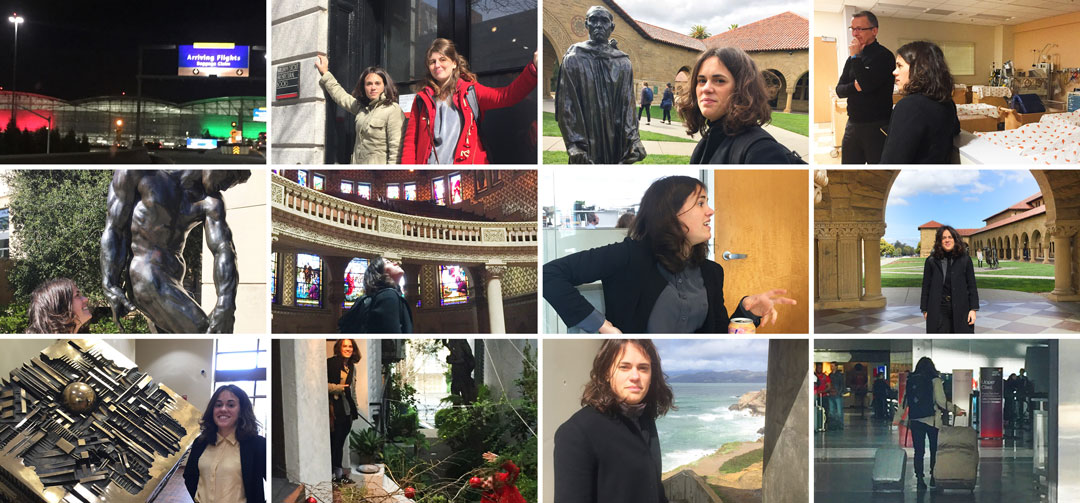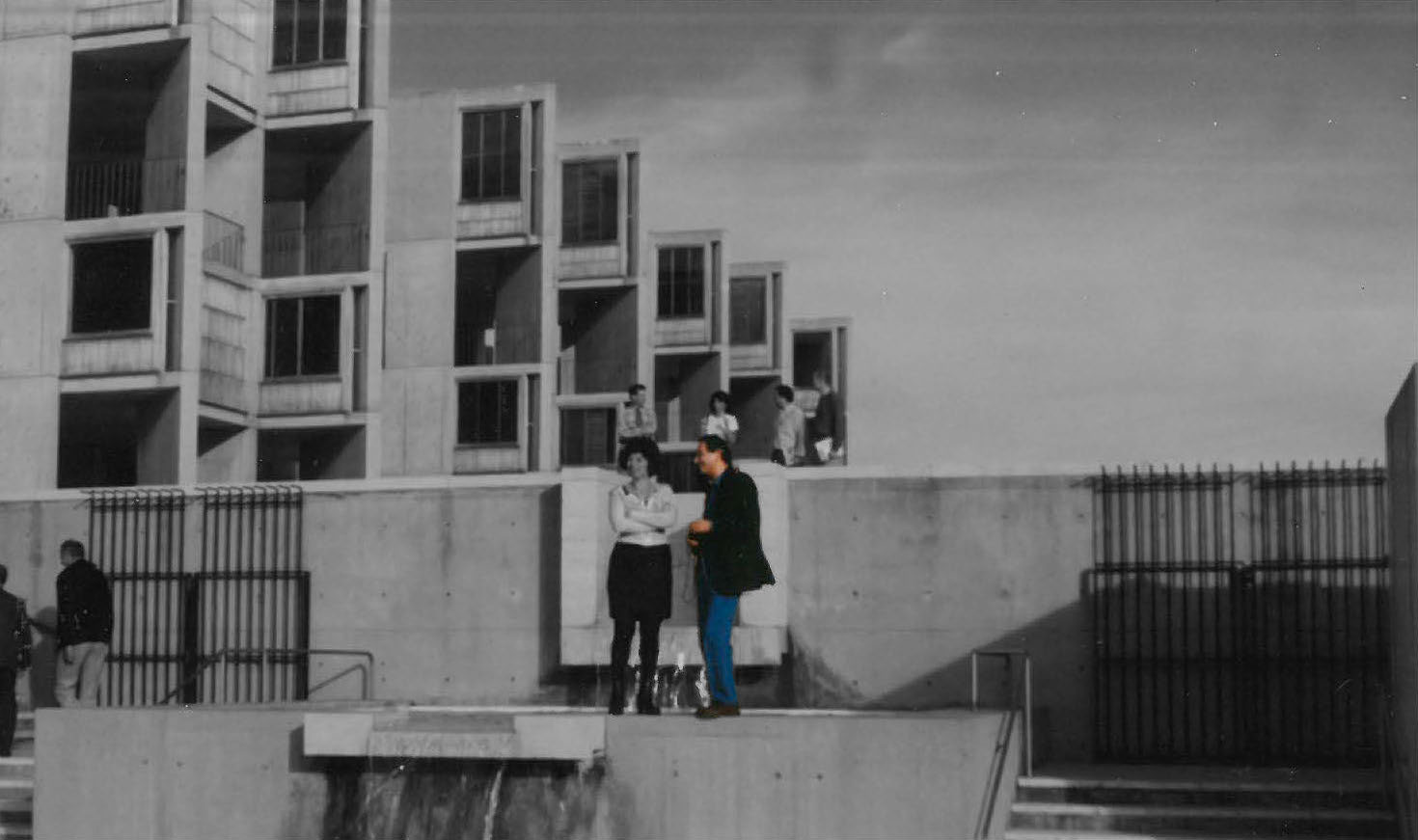"Your passion was, and will always be, energizing. Your storytelling was vivid and always sprinkled with laughter. You were the eternal optimist, the architect of better realities."
Romano del Nord: In Memoriam
Through his work at the University of Florence, Professor Romano del Nord dedicated his life to the research and teaching of strategies and technologies that humanize the experience of being a young person in a hospital.
Romano was a prolific author of papers and books with international influence, a designer with award-winning, Florence-based practice CSPE, and a researcher in the realm of evidence based design for health.
Redefining Children's Healthcare
The objective of Romano and his colleagues was to enable children to imagine lines of continuity between their hospital encounters and their everyday life as experienced outside the hospital’s confines. Extensions of everyday life are inserted at the heart of hospitals as points of reference for patients and their families that evoke associations with their sense of identity before the crossing of the hospital’s threshold.
With the help of technologies and multi-sensorial clues (acoustical, lighting, textural, and visual), young people imagine connections to familiar companions and surroundings with which they are comfortable: their room at home, their backyard, the park, their school, their street.
Pictures above show Meyer Children's Hospital in Florence, designed by CSPE with Anshen + Allen.
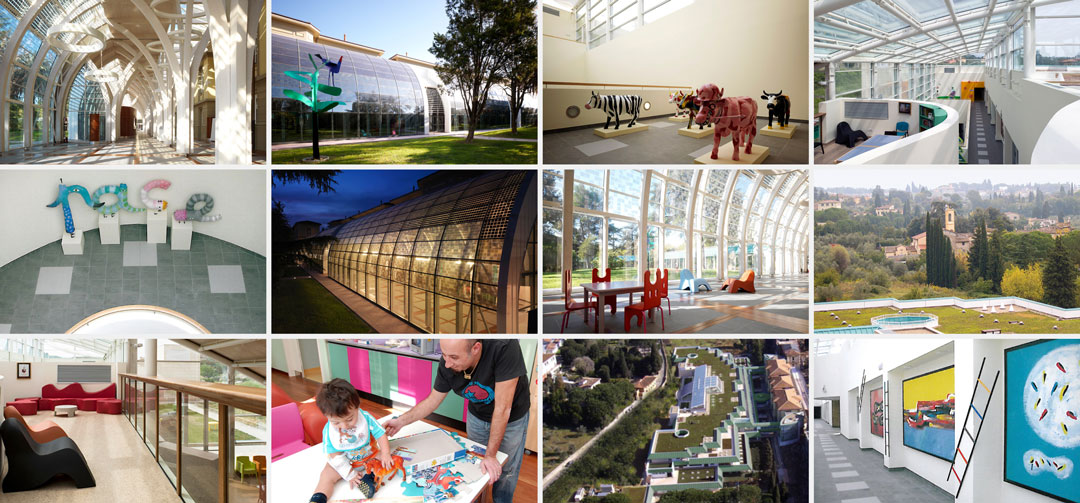
The Romano del Nord Scholarship
To celebrate Romano's life and work, and to augment and consolidate his many achievements, 2112 created the Romano del Nord Scholarship.
We are proud to announce that the first recipient of the Scholarship is Eletta Naldi. A few images capturing Eletta's residence at 2112 are presented below.
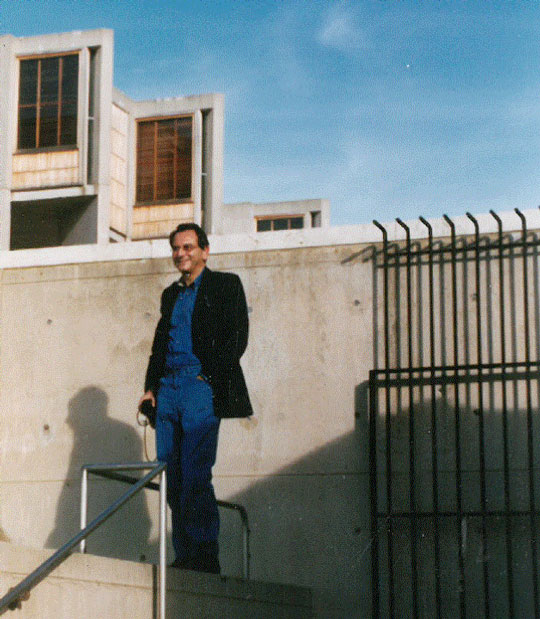
Eletta at 2112
February 12 to March 13, 2019
"The opportunity I had to experience a different culture and a different approach to healthcare and design represents an incredible contribution to my way of thinking about design and the approach of architecture to human needs.
I’ve understood how important context is to the healthcare environment but that the real scope is the same: how to create a better world for users by joining forces, transferring experiences, sharing technologies, collaborating across cultural and geographical boundaries, all united by a shared passion for improving healthcare environments.
Special thanks to Felicia Cleper-Borkovi, Tonyanna Borkovi, Simon Thomas, Derek and Nancy Parker"
